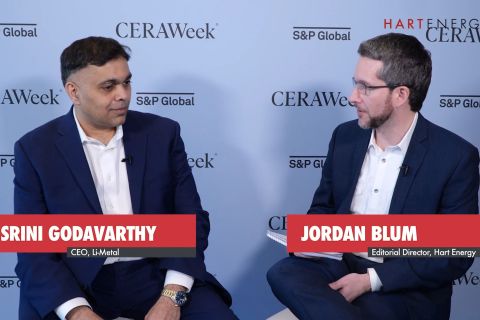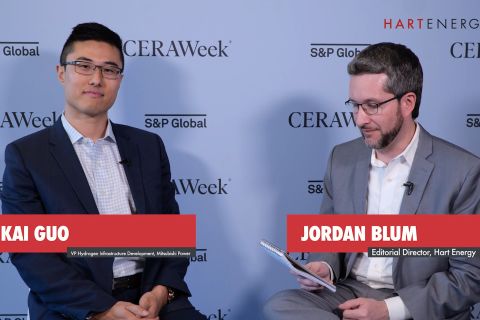Analysts at Tudor, Pickering, Holt & Co. said a year ago that condensate would be a major driver of capital spending in the midstream space this year, and construction plans announced this spring are supporting that thesis.
An oversupply of condensate in the Eagle Ford means there’s room for more processing work, they said. Given that it is unlikely there will be unrestricted export opportunities, they said in a recent note to investors, “we believe more splitters are needed.”
Condensate differs chemically from crude oil, but it falls under the same ban that prohibits the export of crude oil.
Enter the midstream companies that can literally split condensate into more flexible products.
With a long-term commitment in hand from Trafigura AG, Magellan Midstream is planning to build a fee-based condensate splitter at its terminal in Corpus Christi, Texas. All told, the project will include the construction of more than 1 million barrels (bbl) of storage, dock improvements and two more truck rack bays at the company’s terminal, in addition to pipeline connections between terminals owned by Magellan and Trafigura.
The splitter will have initial processing capacity of 50,000 bbl/d of condensate with the ability to add another 50,000
bbl/d capacity. It’s expected to cost about $250 million and go into service during the second half of 2016.
The terminal is situated to receive condensate from the Eagle Ford Shale, as well as shipments from Magellan’s Double Eagle pipeline joint venture.
“This agreement will provide another outlet for producers of domestic crude and condensate,” said Jeff Kopp, Trafigura’s director of North America oil trading, in a statement, adding that Corpus Christi is advantaged over other locations.
Shortly after Magellan announced its splitter plan, Targa Resources said in a financial update that it, too, has plans for a new condensate splitter. That $115 million project is Targa’s first condensate splitter project and will have the capability to split about 35,000 bbl/d of condensate at its Channelview Terminal on the Houston Ship Channel. It also has a long-term, fee-based arrangement contracted with Noble Americas Corp., a subsidiary of Noble Group Ltd.
Targa CEO Joe Bob Perkins said the project will help to provide a partial solution to the ramping up of domestic condensate volumes. Targa estimates that once permitting is in place for the splitter, it will be complete in 18 months.
Recommended Reading
Exclusive: Building Battery Value Chain is "Vital" to Energy Transition
2024-04-18 - Srini Godavarthy, the CEO of Li-Metal, breaks down the importance of scaling up battery production in North America and the traditional process of producing lithium anodes, in this Hart Energy Exclusive interview.
High Interest Rates a Headwind for the Energy Transition
2024-04-18 - Persistent high interest rates will make transitioning to a net zero global economy much harder and more costly, according to Wood Mackenzie Head of Economics Peter Martin.
Scotland Ditches 2030 Climate Target to Cut Emissions by 75%
2024-04-18 - Scotland was constrained by cuts to the capital funding it receives from the British government and an overall weakening of climate ambition by British Prime Minister Rishi Sunak, said Mairi McAllan, the net zero secretary for Scotland's devolved government.
Exclusive: Mitsubishi Power Plans Hydrogen for the Long Haul
2024-04-17 - Mitsubishi Power is looking at a "realistic timeline" as the company scales projects centered around the "versatile molecule," Kai Guo, the vice president of hydrogen infrastructure development for Mitsubishi Power, told Hart Energy's Jordan Blum at CERAWeek by S&P Global.



